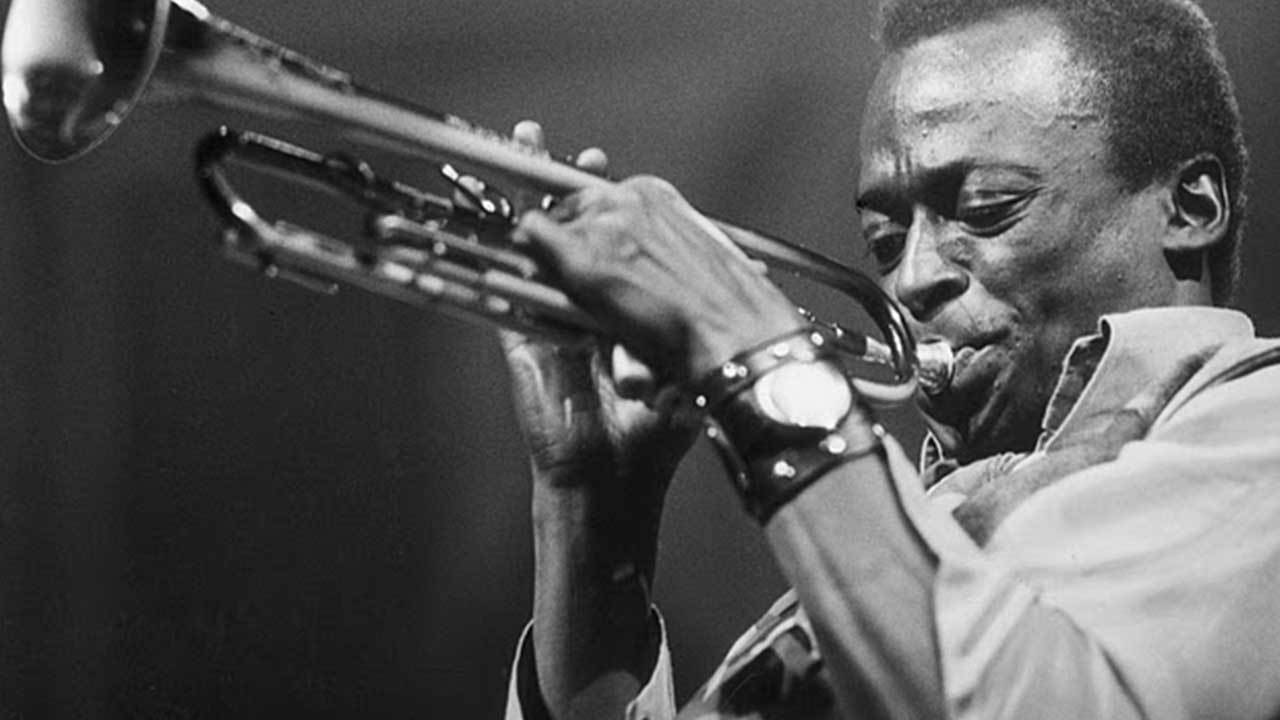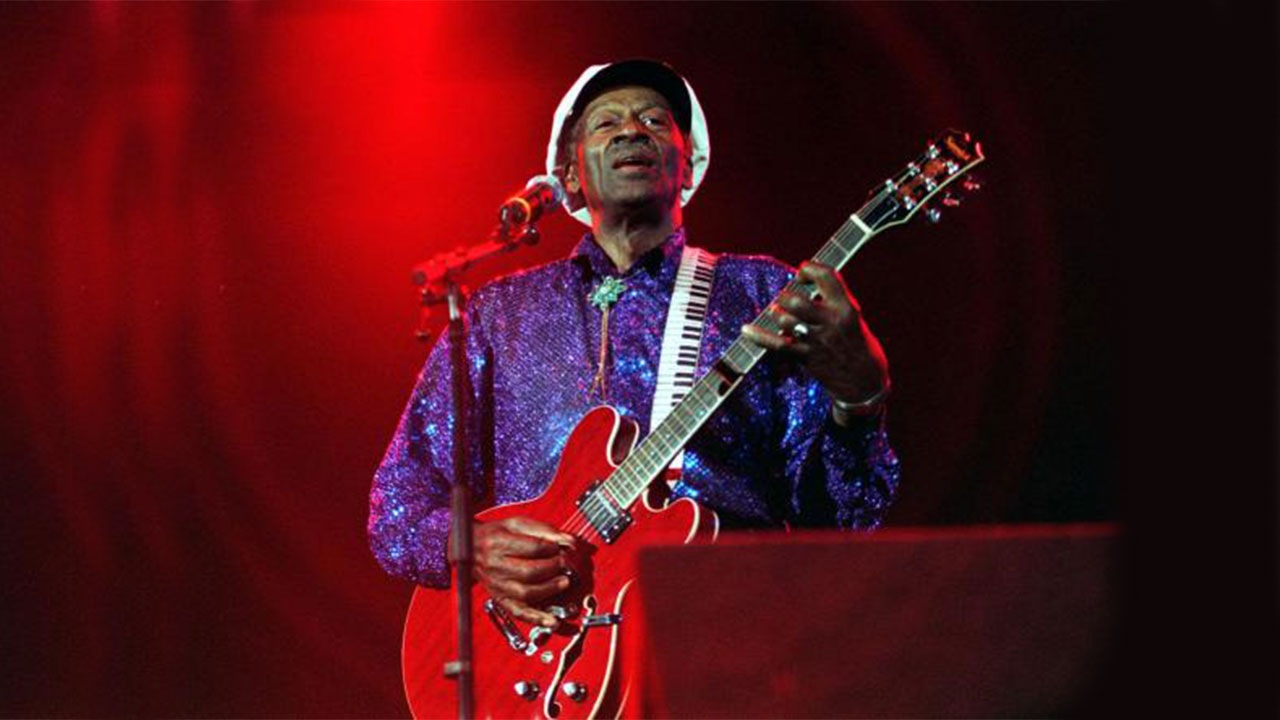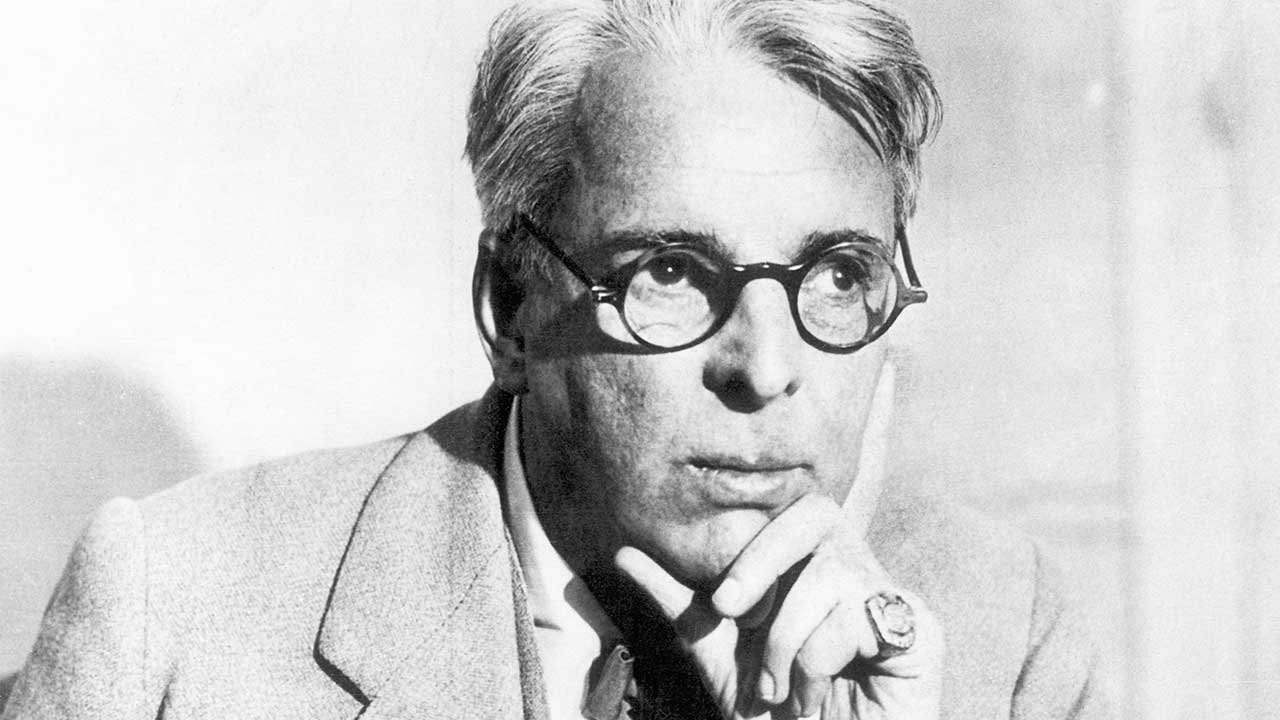
Fear and Corruption, Brazilian-style
With enormous potential, and once heralded as a new global superpower, Brazil proves time and time again to be a house of cards. Just as the country seems to find its way, something shakes, and the whole darned thing comes tumbling down.








